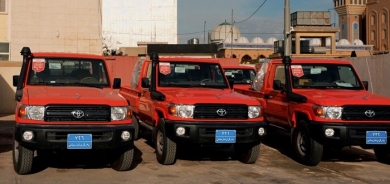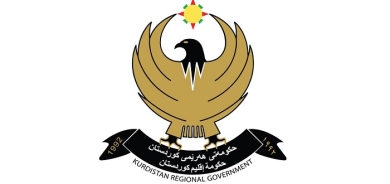Efforts to Return Yazidis to Shingal Marred by Political Disputes and Challenges

In a bid to facilitate the return of displaced Yazidis to their homeland of Shingal, Iraq's Migration and Displacement Ministry reported that approximately 300 Yazidis who had sought refuge in Duhok province due to insecurity have returned to their hometown. The minister, Evan Faeq Gabro, stated that the group left the internally displaced persons (IDP) camps in Duhok on Friday and made their way back to the Shingal district.
This marks another attempt to repatriate Yazidis to Shingal, a city ravaged by the brutalities of ISIS in 2014, including forced marriages, sexual violence, and massacres. The aftermath of these atrocities forced the Yazidis to flee to displacement camps scattered across Iraq and the Kurdistan Region.
However, the repatriation process has been met with challenges. A Kurdish official, Srwa Rasul, who heads the Kurdistan Regional Government's Joint Crisis Coordination Center, expressed discontent with the Iraqi government's handling of the situation. Rasul labeled the effort as a failure, asserting that only 214 families had returned to Shingal in the past two years. Rasul accused the Iraqi Migration and Displacement Ministry of failing to collaborate with the Kurdistan Regional Government (KRG) on the return of internally displaced persons (IDPs) to Shingal, highlighting a lack of compliance with the Shingal Agreement.
The Shingal Agreement, signed between the central government in Baghdad and the KRG in 2020, aimed to normalize the situation in the strife-ridden city. However, implementation has been sluggish, prompting repeated calls from the United States for both Iraqi and Kurdish authorities to break the political deadlock in the area.
One of the underlying challenges in Shingal is the complex web of armed groups with differing allegiances. These groups include the Kurdistan Region Peshmerga, pro-Iran Popular Mobilization Forces (PMF), and factions affiliated with the Kurdistan Workers’ Party (PKK). These groups gained footholds in Shingal after expelling ISIS. Their presence has further complicated efforts to rebuild and secure the city.
Pir Dayan Pir Jaafar, the head of Duhok's migration office linked to the KRG, offered a contrasting view to Rasul's statement. He revealed that around 4,000 Yazidis have returned to Shingal since the beginning of the year, suggesting that progress has been made despite the challenges.
The return of Yazidis to Shingal remains an intricate task marred by political disputes and security concerns. As the Iraqi government and the KRG navigate these challenges, the international community's attention remains fixed on the plight of the Yazidi community and the elusive goal of restoring stability to Shingal.













